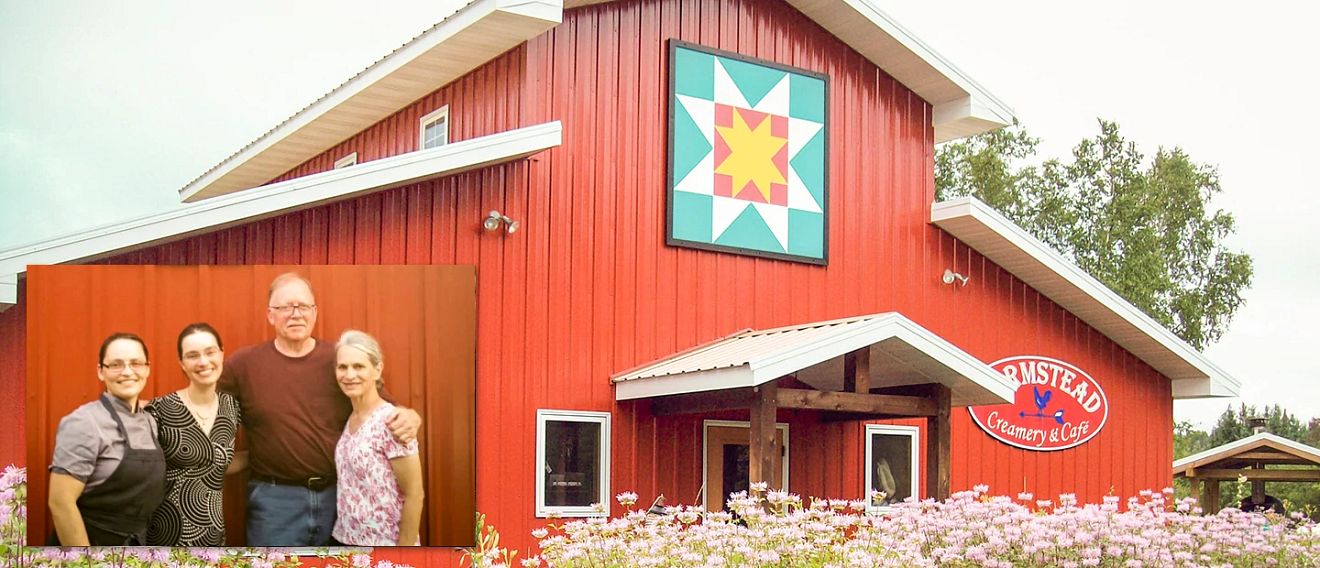
Leaving the Earth in Better Shape Than How We Found It
Lessons on regenerative agriculture, the next level of sustainability from North Star Homestead Farm
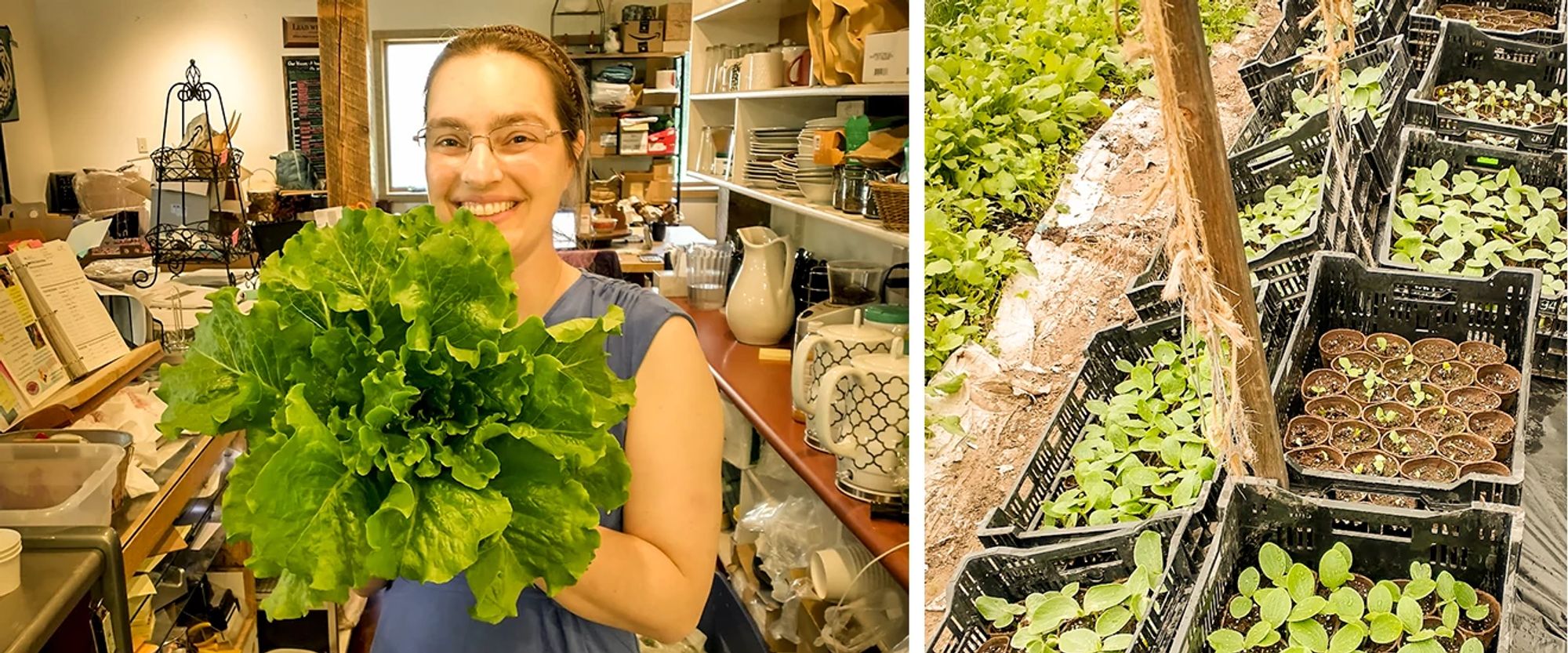
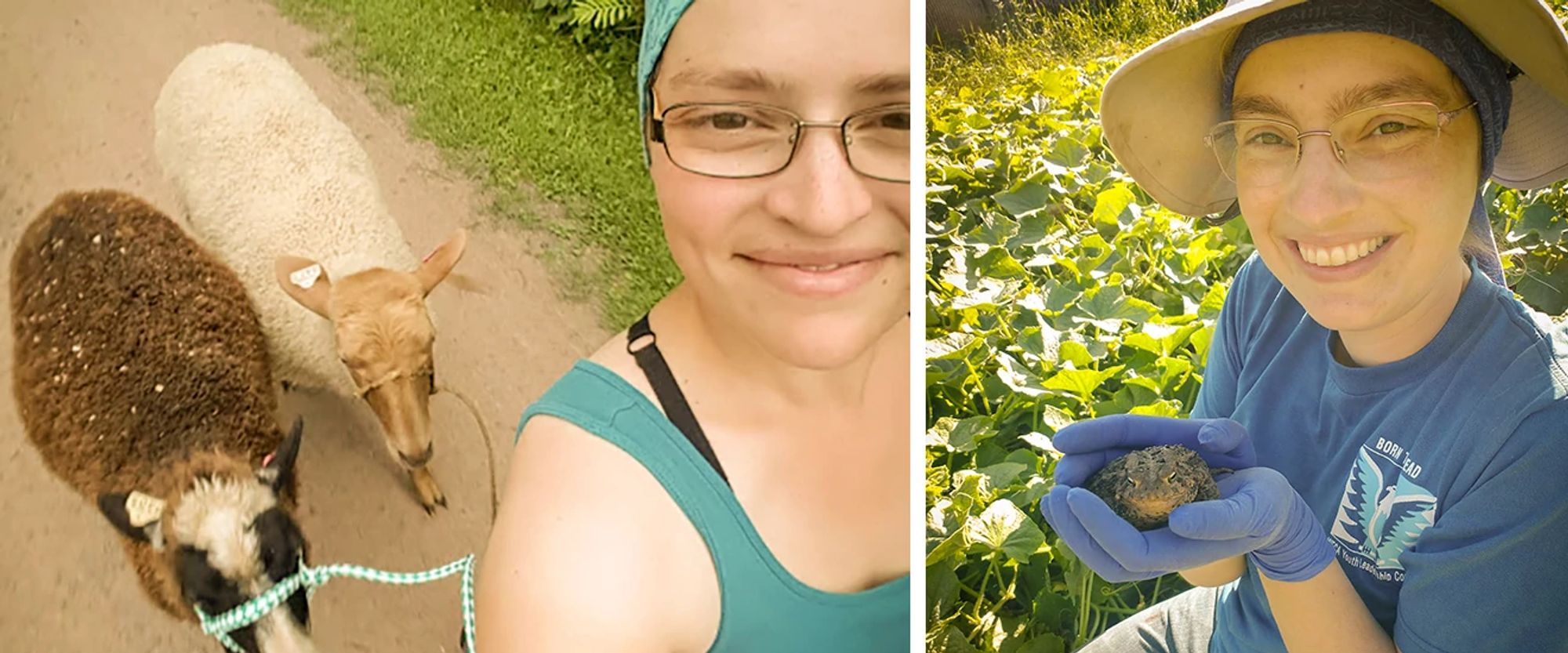
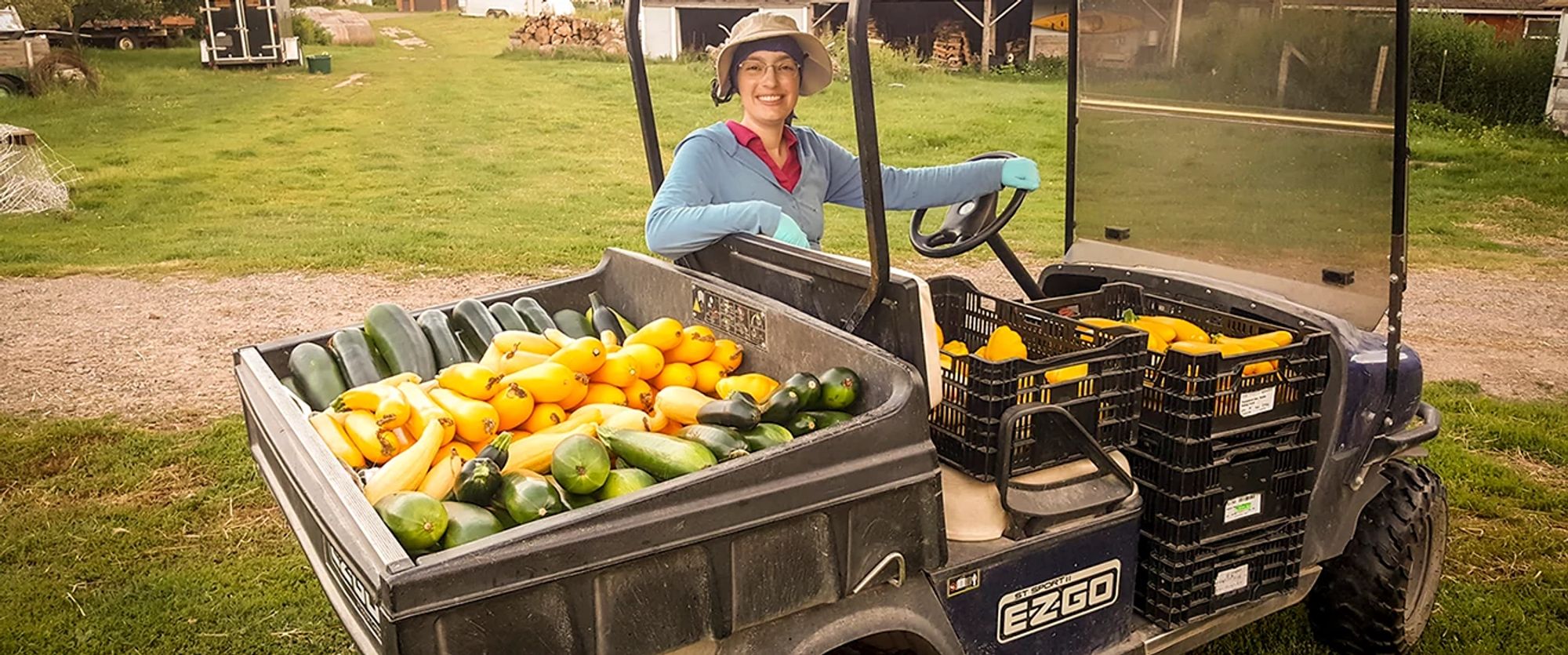
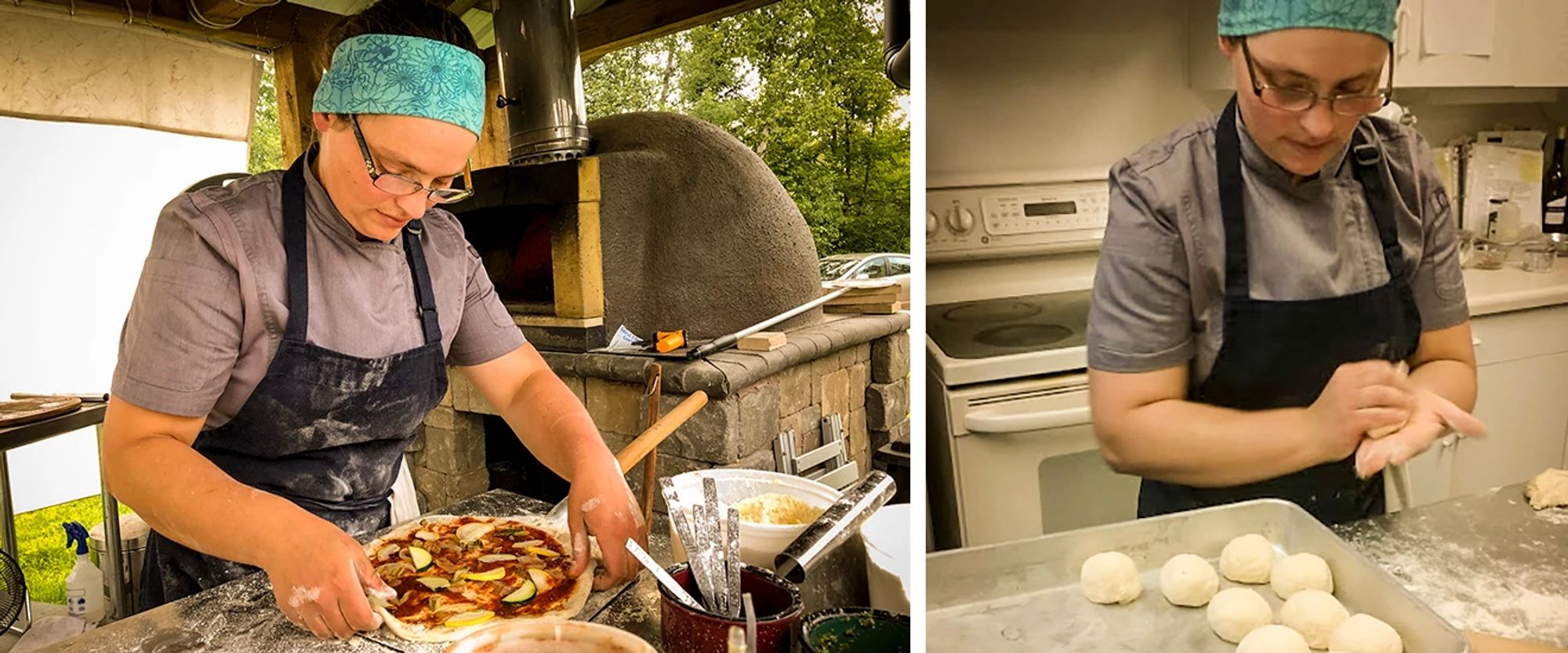
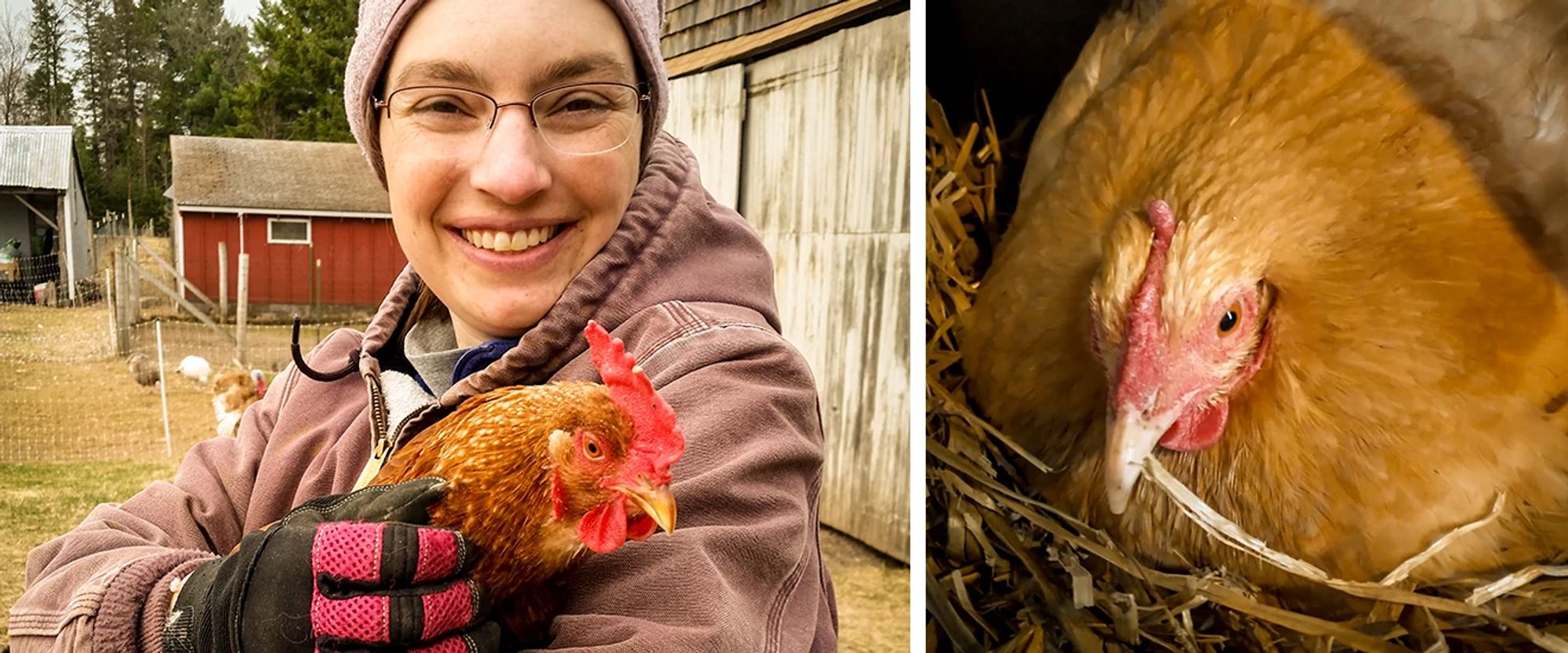
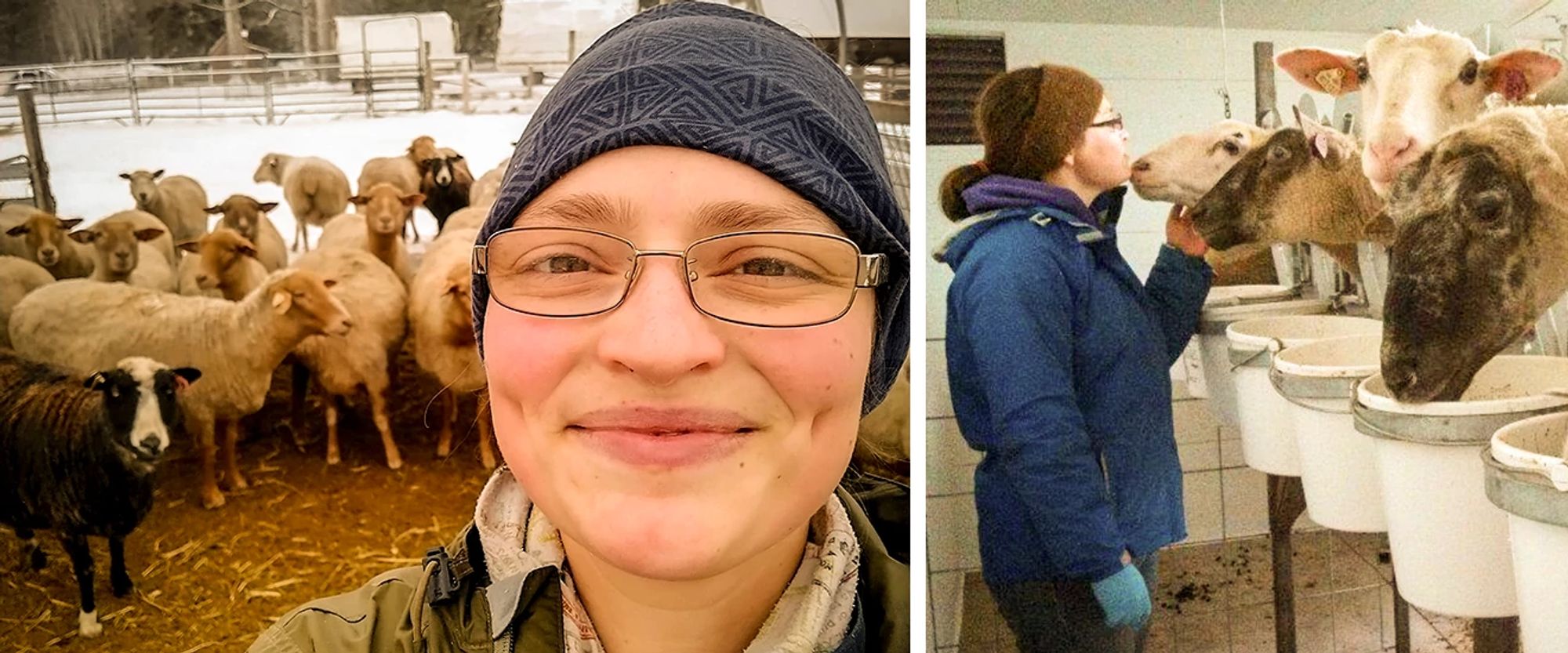
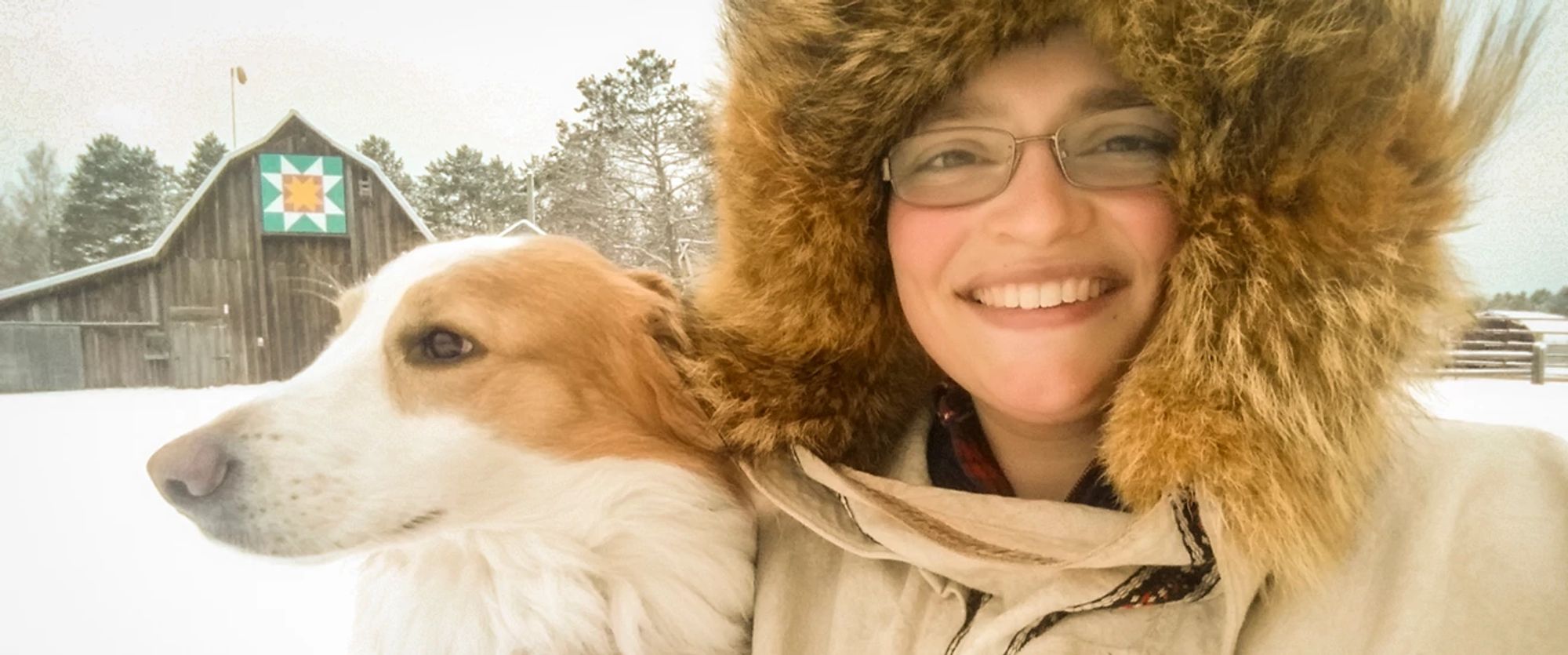
The word sustainability is being thrown around a lot these days. At its core, sustainability is about leaving the Earth no worse than we found it.
But, there's a step beyond sustainability that two sisters who own a farm in northwestern Wisconsin are working toward redefining. It's called regenerative sustainability and, in a nutshell, it's about leaving the Earth in better shape than how we found it by seeking ways to improve all of its living systems, while still creating a space for humans to live and work.
And while it may be the new frontier in the sustainability movement, to Laura and Kara Berlage, who run North Star Homestead Farm, it's a way of life they hope will inspire others.
North Star Homestead is a nearly 250-acre farm nestled within the big woods near Hayward. It's an educational community hub, creamery (try the gelato), ancient grains bakery, yarn and gift shop, and grocery store. In addition to running all of these operations, the family cares for more than 5,000 lives on the farm, including sheep, pigs, chickens, turkeys, ducks, a horse and a guard donkey, and tilapia (grown in an aquaponics system). To cover the large scope of jobs, the family breaks the work into pieces, based on each individual's talents and specialties.
Most of the farm's day-to-day operations are managed by sisters Laura and Kara. Laura handles "the front of the house" operations – interactions with customers, the online fiber arts courses she teaches, and online orders – while Kara handles the "back of the house" –feeding and maintaining the animals, and the farming operations during the growing season. Meanwhile, their parents, Ann Berlage and Steve Barnes, oversee the aquaponics operations and IT operations (Steve's specialty), while everyone shares in the garden efforts.
While each member follows their separate work paths for the day, the family all comes together during mealtimes to build community and have important conversations about the homestead and their larger goal to improve the health of their farm, the community they serve, and the planet.
"We keep the business very personal, very focused on the story, because sustainability is not a destination, it's a journey," added Laura. "We cultivate close relationships with the people we teach, the people that come to the farm, and with each other, so that it's not a corporate enterprise and people can find themselves somewhere in that story."
THE DIRTY WORK OF RESTORATION
The start of this journey was not without its fair share of hiccups. When the Berlage's arrived on their grandparents' land, it needed a little extra love, to say the least.
"This land was in a rough spot when we took this over," said Laura of North Star Homestead's 250 acres. "The soils were completely depleted. There was very little growing biodiversity in what was left of the pastures, there was almost zero garden. There hadn't been animals on the land for decades. It was really quite sad."
Before the Berlages' started their restoration project, the land bore the scars of logging, outdated farming methods, and years of neglect. For example, according to the sisters, the original home settlers piled their garbage in great big heaps on the edge of the barnyard.
"Each year we'd pick a pile of garbage, and say, 'That pile's going down,'" said Kara. "And when we were done, we'd put pigs there, and because pigs like to dig, they'd find even more! It was just never-ending work."
To bring the farm's soil back to life, the sisters developed a process they call "orchestration of the field." In this practice, Kara—or they--? conducts the chicken tractors, sheep, horses, and donkeys, in a rotation around the field, in an effort to target regeneration and build up nitrogen and humus on the parts of the field that needed it the most.
Kara points to one patch of the farm where the topsoil eroded away. "Over the course of about eight years," she said, "we rotated pigs, chickens and sheep so we could build up the soil and allow us to incorporate it with the rest of our growing fields."
"For us, the farm became not just a journey of sustainability, because that means, let's just keep it as it is," said Laura. "It became a process of regeneration, which is really the new frontier in agriculture and where we need to go with how we raise our food. I want the process of raising food to make this a better place and to heal the scars that exist on the land."
Today, the farm and the land it sits upon are thriving examples of regenerative agriculture in practice, which is supported by consumers throughout the region who eagerly await their healthy, organically grown produce, meats, breads and sweet treats throughout the year. It's a model the Berlage family encourages other small, independent farmers to consider.
"We found we had such a purpose for being here, because we felt so lucky to have access to this property and saw what an opportunity it was," said Laura of the experience. "We thought, 'We are going to see if we can live off this land. Let's see how that goes and give it a try.' And through that process, we fell in love with caring for the land, caring for animals, caring for plants."
"I think we both feel a really deep connection with working the land, and particularly this land," added Kara. "I feel such a sense of being grounded here. This is us putting down roots. This is home."
All Day, Any Weather with Irish Setter
Get the right boots to dig into your work and go all day at IrishSetter.com
To learn more about the North Star Homestead Farm visit northstarhomestead.com/home/
More Articles
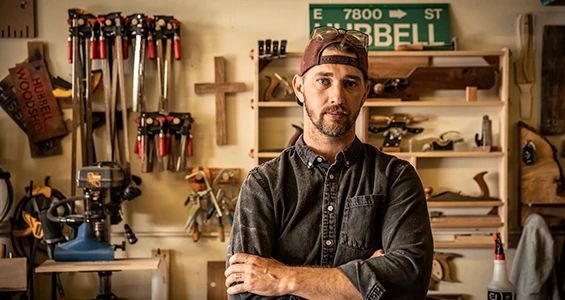
True Grit Meets Fine Grit
Taylor Hubbell self-learned the meticulous artistry of woodworking, unabashedly putting the pedal to the metal in every ounce of free time he had to feed his passion and launch the flourishing woodworking business that he runs today.
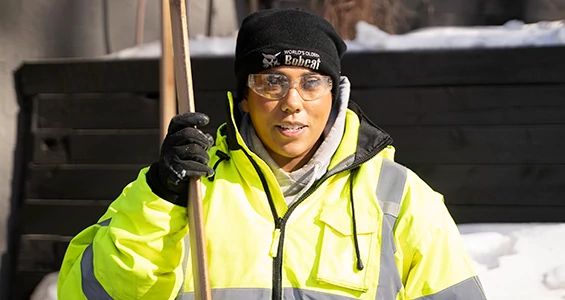
Cutting A Path For Women In Construction
In honor of women in construction week, Irish Setter visited with Andrea Race. Andrea has worked in the construction and landscaping industry for 20 years. She is a true pioneer who serves as a role mode for other women in construction.




